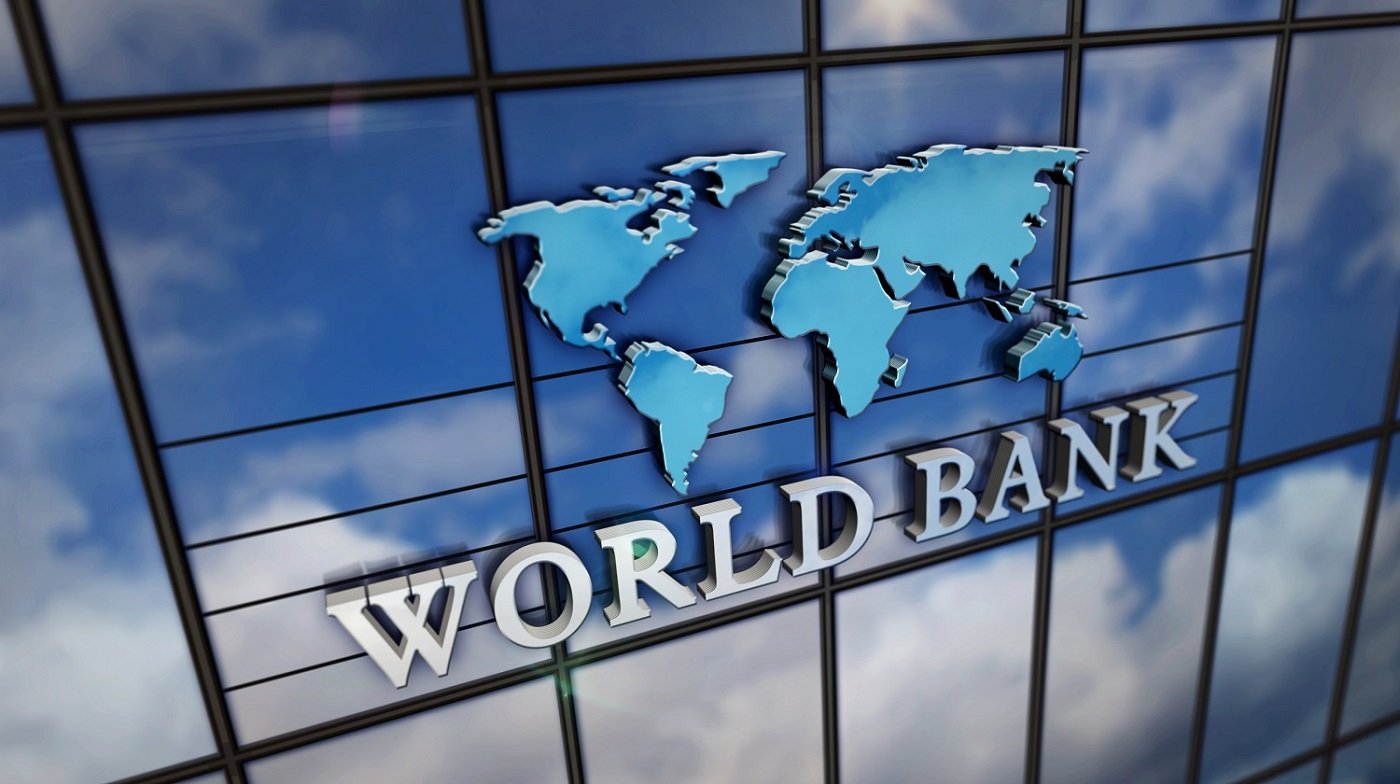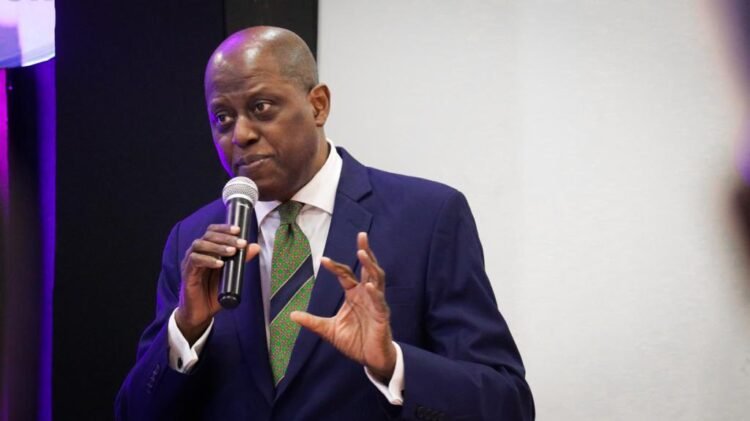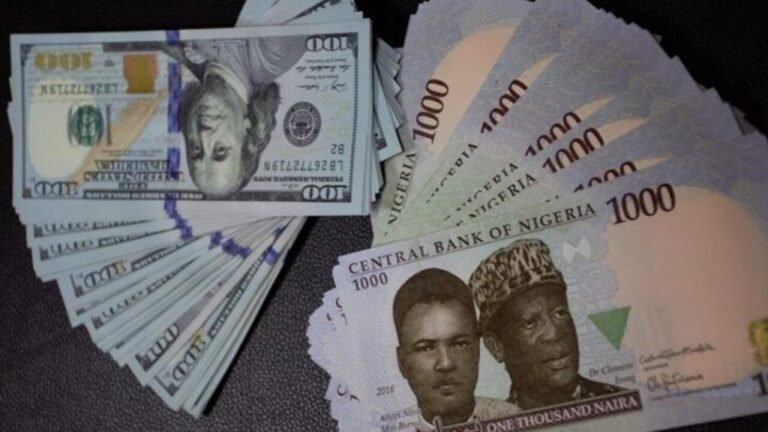The World Bank has fully disbursed a $1.5 billion loan to Nigeria following the Federal Government’s implementation of significant reforms, including the removal of fuel subsidies and the introduction of comprehensive tax policies. This loan is part of the Reforms for Economic Stabilisation to Enable Transformation Development Policy Financing initiative and marks one of the fastest disbursements Nigeria has received, with both tranches released in under six months.
Approved on June 13, 2024, the loan was structured in two tranches: the first tranche of $750 million was disbursed on July 2, 2024, while the second tranche, contingent on the fulfillment of specific economic reform conditions, was released in November 2024.
The swift disbursement contrasts with typical loan programs, which often face delays due to slow or partial implementation of conditions. The World Bank has noted that the critical reform unlocking the second tranche was the removal of fuel subsidies, which has allowed petrol prices to align with international market rates and exchange rates, effectively ending the implicit subsidies that have burdened public finances.
The government has received praise for deregulating the fuel market more rapidly than expected, moving to fully determine petrol prices based on market conditions. Since mid-2023, fuel prices have increased more than fivefold, a change that has drawn both commendation for fiscal prudence and criticism for its impact on living costs.
In addition to removing fuel subsidies, the Nigerian government has initiated sweeping tax reforms aimed at improving revenue mobilization. The proposed Nigeria Tax Bill 2024 includes plans to gradually increase the Value Added Tax (VAT) rate to 10% by 2025, alongside measures to simplify tax compliance and expand input tax credits for businesses.
The World Bank’s documentation outlined three key conditions tied to the loan disbursement: increasing net oil revenues, raising non-oil revenue through tax reforms, and strengthening social protection delivery. The government has submitted a draft bill to the National Assembly proposing the VAT increase and various tax reforms as part of its strategy to diversify Nigeria’s revenue sources.
Despite the potential benefits of these reforms, they have sparked controversy, with northern leaders expressing concerns that the changes could exacerbate economic disparities between northern and southern regions. Public dissent has also been evident, as the removal of fuel subsidies has led to soaring petrol prices, significantly increasing transportation and living costs. Protests have erupted in major cities, with citizens voicing their frustrations over rising economic hardships.
In defense of the reforms, President Bola Tinubu and his cabinet have described them as crucial for Nigeria’s economic stability and growth. They emphasize that the funds saved from the subsidy removal will be redirected towards infrastructure development, social welfare, and economic diversification. To address the immediate impact of these reforms, the government has introduced relief measures, including direct cash transfers of N25,000 to 15 million vulnerable households, though only about four million households have benefited so far.
Efforts are also underway to promote compressed natural gas as a cheaper alternative to petrol, with a target of converting over one million vehicles in three years to help reduce transportation costs.
The World Bank has commended the Nigerian government for its swift and decisive actions, noting that meeting the conditions for both loan tranches in record time reflects a strong commitment to economic transformation. However, concerns remain regarding rising external debt and the debt service burden, with the Federal Government securing loans worth $6.95 billion from the World Bank in approximately 18 months.
In 2025, the World Bank is expected to decide on three major loan projects for Nigeria, totaling $1.65 billion, aimed at addressing critical developmental challenges, including support for internally displaced persons, education, and nutrition enhancement.
As Nigeria navigates these economic reforms, the government is balancing the immediate challenges posed by rising living costs with the long-term goals of fiscal stability and growth.







